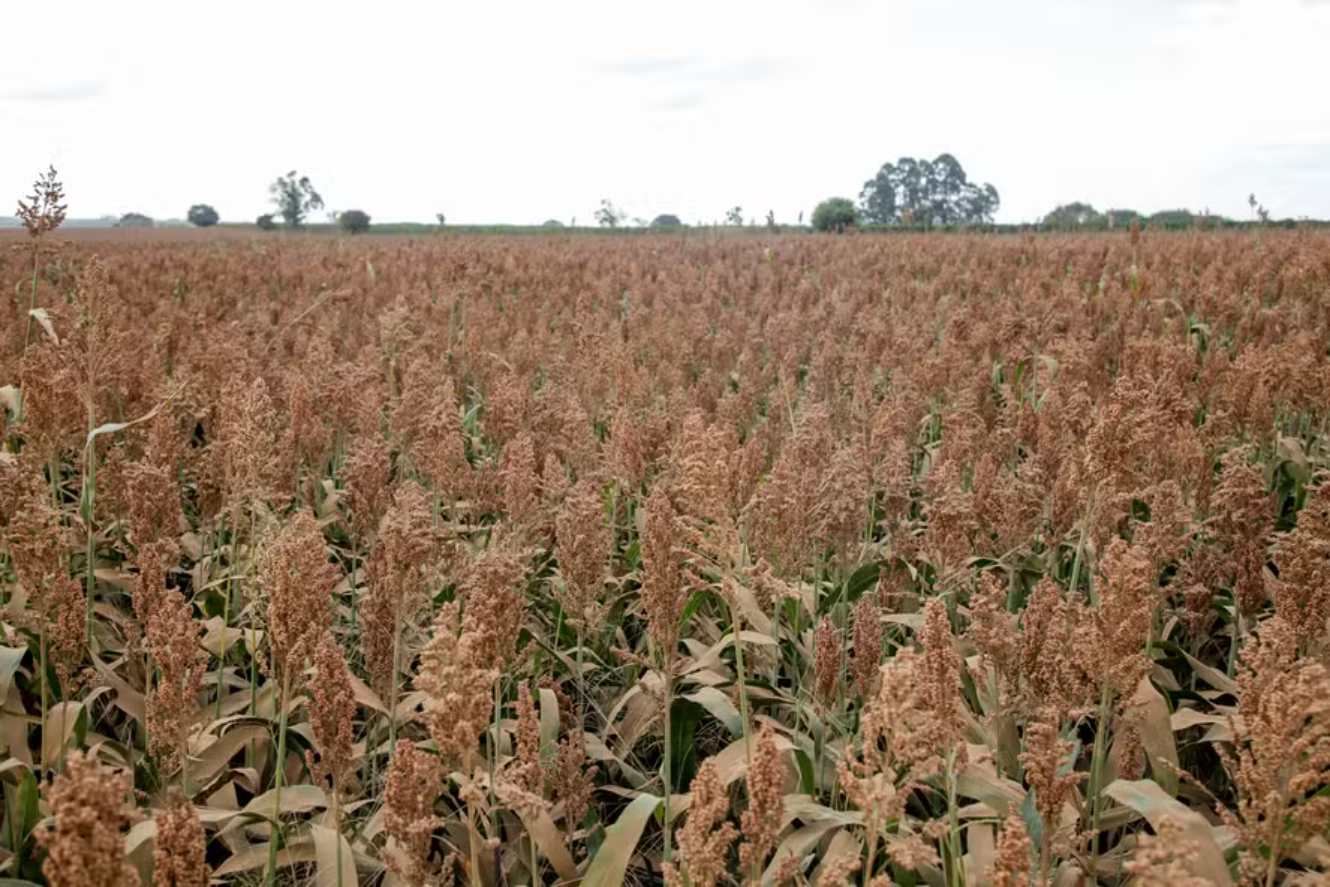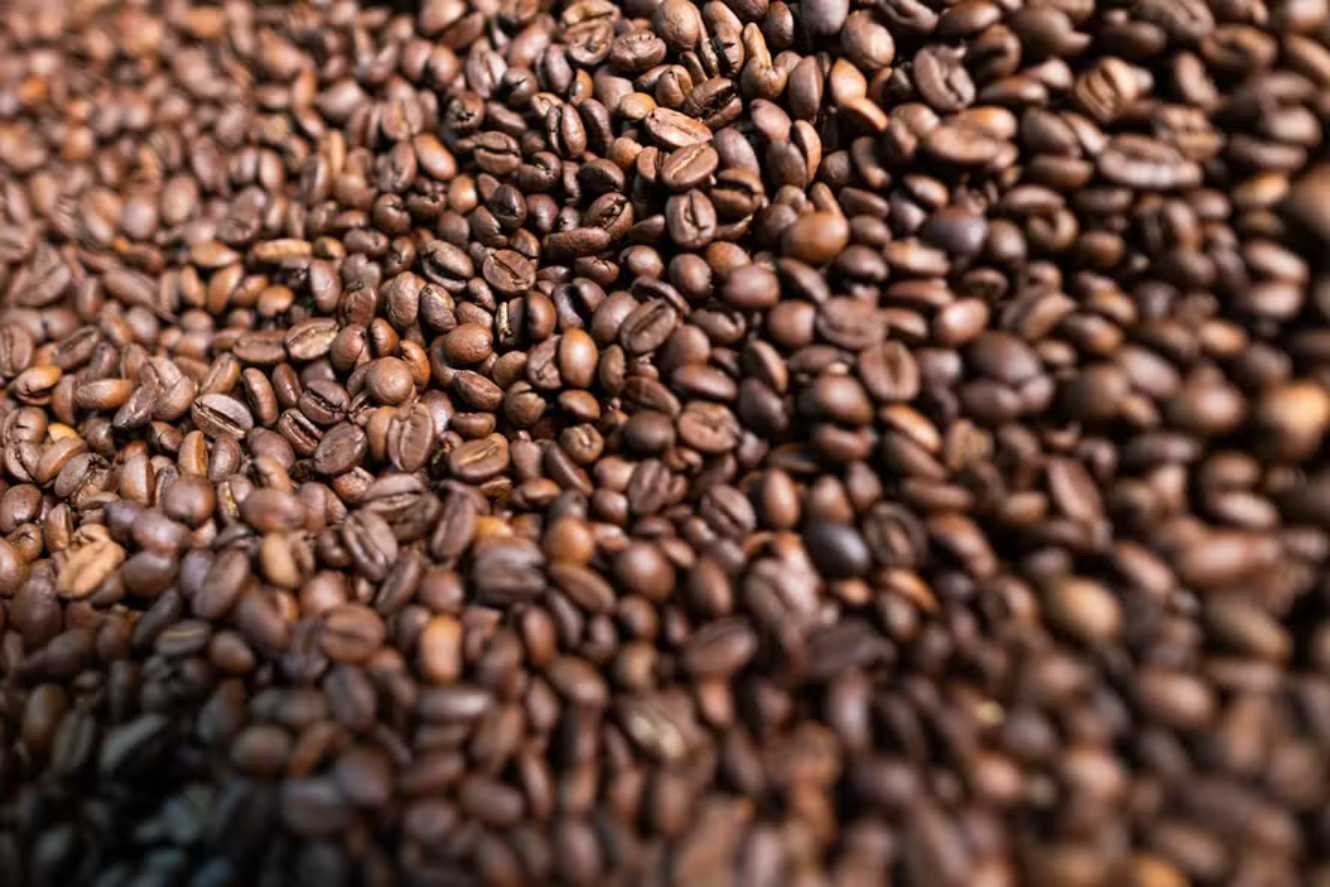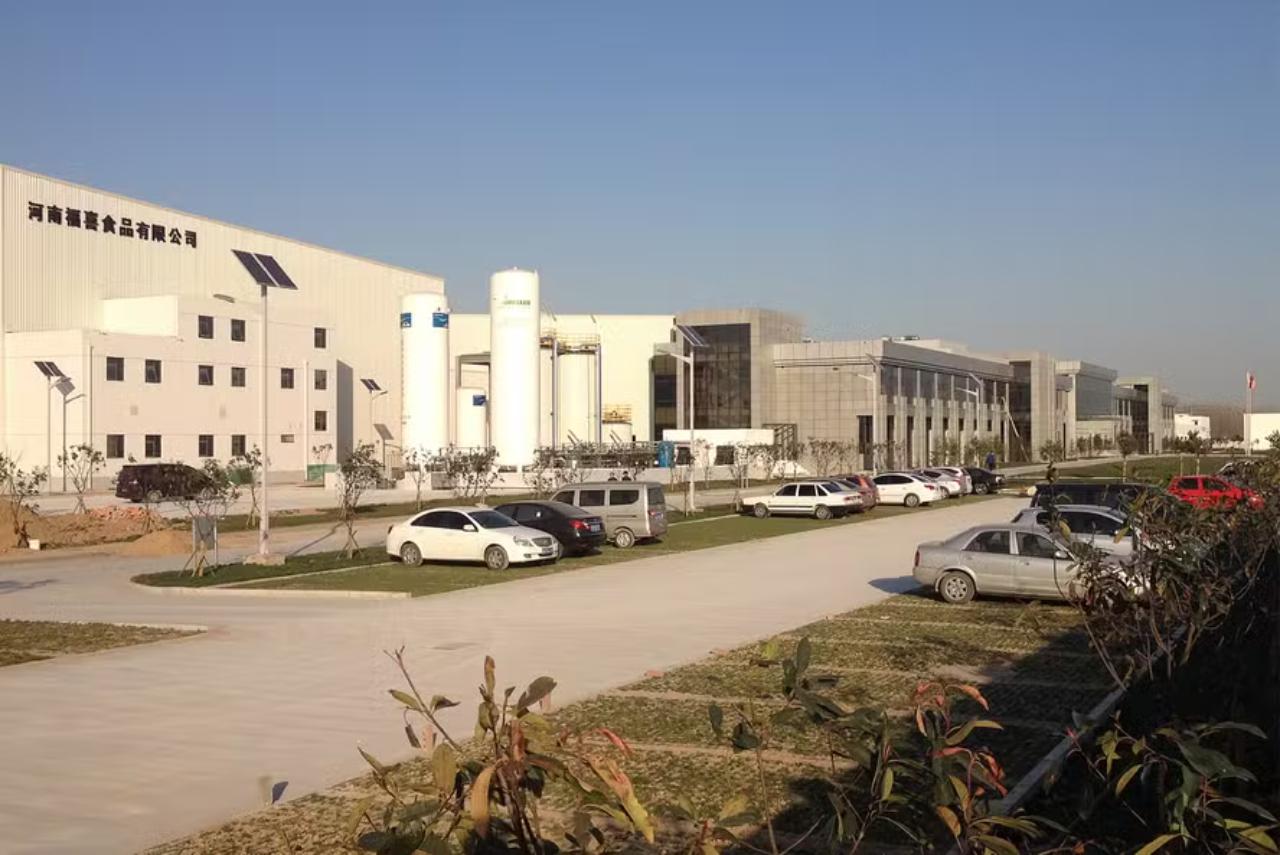The Brazilian agricultural sector has achieved a significant milestone by securing new export agreements with China. According to the Ministry of Agriculture and Livestock, these agreements are expected to generate approximately $450 million annually, covering the export of four new products: sorghum, sesame, fresh grapes, and fishmeal.
This development follows the signing of 37 bilateral agreements during a State visit by Chinese President Xi Jinping to Brasília. Alongside these deals, BRF’s investment of R$ 460 million in a meat processing facility in China was also highlighted.
Key Highlights
New Export Markets
- The agreements set phytosanitary and sanitary standards for exporting the four products.
- With these additions, Brazil now has 281 agro-export markets since 2023.
- Economic Potential
- While the estimated trade volume for the new products is $450 million per year, officials believe this figure could exceed $500 million, given the growing demand in China.
- For context, China imported $7 billion worth of these products in 2023 alone.
Product Breakdown
- Sesame:
- The world’s largest importer of sesame, China, accounted for 36.2% of global imports in 2023, worth $1.53 billion.
- Brazil, ranked seventh globally, is increasing its production, with an expected harvest of 588,000 tons in 2024/25.
- Fishmeal and Derivatives:
- China spent $2.9 billion on fishmeal imports in 2023.
- Brazilian exports accounted for only 0.79% of this market, presenting a substantial growth opportunity.
- Sorghum:
- China’s imports of sorghum reached $1.83 billion in 2023, predominantly sourced from the U.S.
- Brazil’s market share currently stands at 0.29%, with room for expansion.
- Fresh Grapes:
- High demand for premium table grapes in China offers Brazilian producers, particularly in Pernambuco and Bahia, an opportunity to enter a market worth $480 million in 2023.
Strategic Considerations
- Sesame and Grapes: Focus on premium markets and meeting stringent quality standards.
- Fishmeal and Sorghum: Potential for diversification within agricultural exports and increased supply chain integration.
Strengthened Bilateral Relations
President Luiz Inácio Lula da Silva underscored Brazil’s role as a trusted food supplier to China. This partnership aligns with Brazil’s broader strategy to boost exports to Asia, while negotiations for the Mercosul-China agreement remain on the horizon.
Agriculture Minister Carlos Fávaro emphasized Brazil’s competitive advantages: expertise, technology, and sustainable production practices. With China already the largest consumer of Brazilian agricultural goods, this relationship signals stronger economic ties between the two nations.
Outlook
The opening of these new markets reaffirms Brazil’s position as a global agricultural powerhouse. With continued investment in production and compliance with international standards, the country is poised to further consolidate its role in meeting China’s growing food security needs.
News source: Globo Rural




